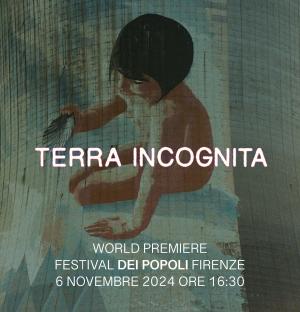Filmmaker Enrico Masi probes the human element of ITER
The ITER project has been the subject of multiple documentary films. Most have been technically focused overviews of the project made for TV. The 2017 documentary Let There Be Light drew its tension and storyline from the technical and project management challenges ITER faced at the time, as well as from the global promise of fusion energy. But the latest documentary, Terra Incognita, by Italian filmmaker Enrico Masi—premiering this week at the Festival Dei Popoli in Florence—may be different than any film about ITER to date.
As a filmmaker, Enrico Masi has focused his camera on “cultural issues of post-modernity and the social impact of 20th century and third-millennium phenomena,” sometimes referred to as the Anthropocene, a geologic period in which human activity has begun to influence Earth’s ecosystems. His previous films, The Golden Temple and Shelter – Farewell to Eden, lend insight into how he might approach ITER, a project he has followed closely, and filmed, for the past five-plus years.
While ITER’s technology is at the inevitable core of nearly any story about ITER, Masi’s lens is likely to be equally directed toward the human element. As he has noted repeatedly while filming, the project’s unprecedented scale and engineering specifications are well-matched with the complexity of the multicultural collaboration that sustains ITER, which in turn reflects the intricate links between societal advancement, the need for energy, and planetary impact.
The result, filtered through Masi’s vision, is sure to be intriguing. At ITER, both the human and the scientific are truly terra incognita.


